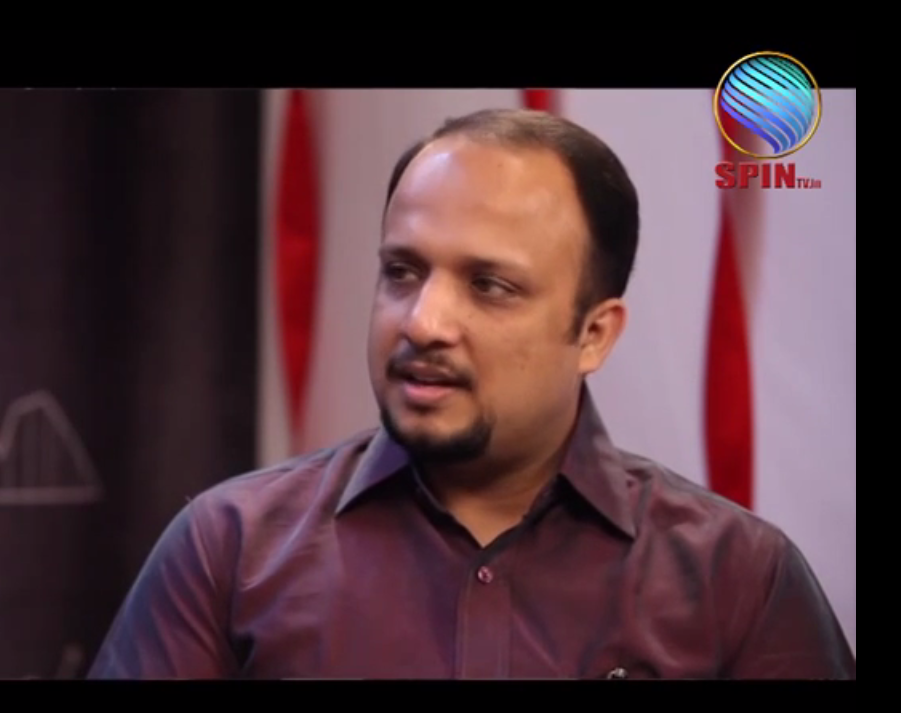There could be a natural question, “Why Investment planning in new Financial year?”
Well, rather than doing only tax planning in the last moment, its better to plan your investments from the beginning, so that it also takes care of your tax planning.
The Changes in tax rules apply from 1st April and thus, you may be required to fine tune your planning in line with the same.
- No More Home Loans merely for tax saving
There is a substantial population who keep taking home loans thinking that it helps them to save tax. Largely, this is the salaried class who thinks they have very limited options to save tax and thus make use of every option without detailed understanding.
Till last FY, you could take a home loan to invest in a second house, put it on rent and offset all the interest paid against the rent received.
From the current FY, this exemption on interest is limited to Rs. 2 Lakhs only (in line with Self Occupied property). Thus, if you buy a second house on loan, and put it on rent, the post-tax returns are going to be very low (especially if the property is fetching you rent of more than Rs. 2 Lakhs p.a.) The balance “loss” can be carried forward, but is practically speaking a dead loss.
So, you can still take a home loan to buy a second home. But if the objective was mainly tax saving, you got to rework your strategy again.
- Make judicious use of plastic money
Last FY, there was a mega event of “demonetisation” which (maybe forcefully) trained many of us to increase the use of Credit Cards / Debit Cards etc.
While this could be a desirable move from the government point of view (as this enables them to mop up more taxes from us), from our point of view, it comes with a word of caution.
Those of us who are not very used to plastic money, may forget to repay the credit card bills on time and thus may end up paying late fees, interest etc.
Also, for some of us, the physical touch of money, psychologically puts pressure not to splurge. (When you count notes to pay Rs. 10,000 towards a restaurant bill, you can actually feel the pain of money leaving you). But with plastic money, that pain isn’t immediate. It comes later and by that time, money has gone. This might take a hit in the savings.
At the end of the day, what creates wealth is “How much you save and how well you invest?” and not “How much you earn”.

- Boost up your investments in line with growth in income
This budget hasn’t given too many tax sops to have more money in our hand. However, we need to take a care of ourselves rather than keep expecting and complaining.
Mr. Suresh had started investing Rs. 10,000 a month when his salary was Rs. 50,000 p.m. in 2012. Today his salary is almost Rs. 1.25 Lakhs p.m. but his investments are the same. Why? Because the 80C limit has not increased too much? This can’t be a logical reason to increase your investments. If he were to maintain his ratio, his investments should become almost Rs. 25,000 p.m.
- Revisit your Life cover and Health cover
A similar story is visible with Mr. Rahul who had taken a life cover of Rs. 50 Lakhs and Health cover of Rs. 3 Lakhs in 2013.
Today, he is married and has a small kid. His annual income has grown from Rs. 5 Lakhs p.a. to Rs. 11 Lakhs p.a. And along with all this, the health care inflation has grown significantly.
He needs to enhance his life cover to almost Rs. 1 Crore and Health cover to at least Rs. 10 Lakhs considering the inflation.
- Clean up Unnecessary Junk
Many of us have those “bad apples” still sitting in our portfolio for example endowment policies , ULIPs, Co-operative bank FDs, Chit Fund RDs , penny stocks etc which we are holding on just because of our ego. Yes, you read it right. It is ego. We can’t handle the fact that we made a wrong decision. We keep justifying that it is a good investment and cling on to it.
Its high time, we remove all this junk and channelize the proceeds to some good investments.
- Don’t Over-commit yourself in a non-flexible product
For those, who take an insurance policy or a home loan, not for need, but just for tax saving, have a big lesson to be learnt now.
You are over-committing yourself to a product which asks you to keep paying every year, despite of whether or not you get a tax benefit in future.
For example, Mr. Jatin took an insurance-cum-investment policy with Rs. 1 Lakh premium in Mar 2014. Today his PF deduction itself amounts to Rs. 96,000. Balance he wishes to invest in ELSS for growth. But he is stuck with this policy. It is neither giving him good returns, nor it is giving him tax benefit.
Had he invested the same amount in a more flexible or non-commitment products like ELSS or PPF, he would have had more flexibility today.
- Move beyond fixed interest instruments.
The New FY also comes with lower interest rates on Bank FDs, PPF, Post Office Schemes etc. As the country develops, we may see a further lower interest rate regime (Developed countries have interest rates in the range of 1-3%. Some have 0% interest rates too).
Thus, relying on the older generation advice of putting money in fixed interest instruments is not going to help you. You need to hunt for better avenues. If you cant find on your own, getting professional help could always help.
- Make investment planning a part of your life Planning
It is unfortunate to see many investors still worried about only “tax planning” to save tax. Yes, you can only get a tax deduction for investments made upto Rs. 1.50 Lakhs u/s 80C. But that does not mean you have to stop there.
If your goals require you to invest more and your income allows you to do that, please do that. Remember, your retirement is not government’s headache. If you fall short of money in your retirement years, you cant just blame the government for not increasing tax saving limits (even if you blame, it is not going to help you). The government also did not stop you from investing more for your own sake.
So Plan your investments such that your life is better planned.
We look forward to your valuable comments and feedback.
The Author Prof. Saurabh Bajaj (BE, MBA, FRM, CFGP) is CEO with Nidhi Investments, Mumbai. His articles have a readership from 65 Countries across the Globe. He may be contacted on CEO@nidhiinvestments.com if you have any questions.
(The views mentioned in the article are personal opinion of the author)
#NidhiInvestments
#ProfessorBajaj
#SIP
#BestWealthPlanner
#YourTrustedWealthPlanner
#AdvisorZaruriHai


Effective way Bhaiya to change one’s mindset even I was thinking that I should invest only that much where I can get the maximum I.e. 150000 to get benefit of Sec80C but now I m thinking to invest upto my maximum capacity. Once again ty.
Thanks for the valuable feedback Laxman.
Yes , it’s important that tax planning is only one aspect of the investment planning.
Overall , it should be your life planning.
Looking forward to more visits and feedback in future.
This is a we’ll covered and a classic review by Prof Bajaj. Its time for everyone to getup from their sleep and review their financial plans.
Thanks for the valuable comments Sir. Looking forward to more visits and feedback in future.
That’s a superb article with lot of meaningful information.
Thanks for your valuable comments.
Looking forward to more visits and feedback in future.
Need of the hour… People need to change to better ways of doing investments
Thanks for your valuable feedback dear.
Looking forward to more visits and feedback in future.
Very practical and well explained. First point itself is an eye opener … where people venture in buying property with limited understanding . Thank you Mr Bajaj for spreading financial awareness.
Thanks for your valuable comments dear.
Looking forward to more visits and feedback in future.
Very good article indeed. Explained in simple and easy to understand language !!
Thanks for your valuable comments.
Looking forward to more visits and feedback in future.
very simple and lucid way of explaining things, will definitely work on some points, thanks.